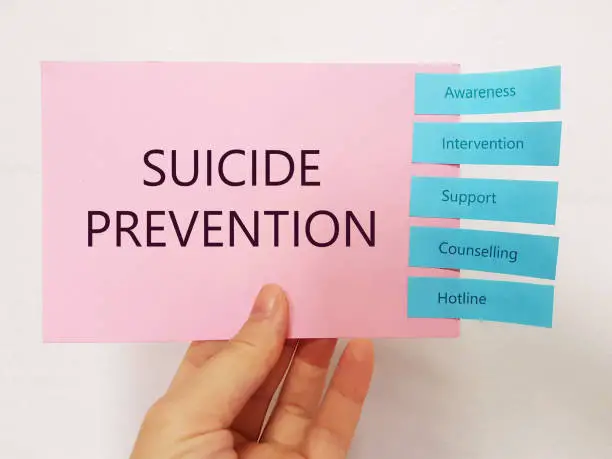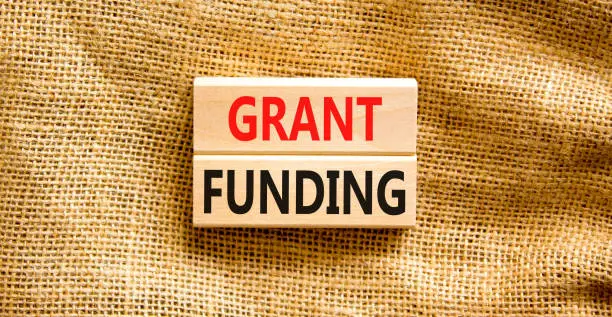American Foundation for Suicide Prevention (AFSP) Grants funding process is competitive and rigorous, ensuring the resources are directed towards the most promising and impactful initiatives.
The American Foundation for Suicide Prevention (AFSP) is a leading national organization aimed at understanding and preventing suicide through research, education, advocacy, and support for those affected by suicide.
One of the many initiatives by AFSP includes grants that foster innovative research, contribute to suicide prevention strategies, and provide essential resources for community programs.
This comprehensive guide will provide in-depth insights into AFSP grants, outlining how they function, the potential benefits, and real-world examples of their impact.
AFSP Research Grants
Research is a cornerstone of suicide prevention strategies. AFSP’s research grants fund scientific studies into the causes of suicide, the effectiveness of intervention strategies, and the impact of public policy on suicide rates. These grants are typically given to established and early-career researchers in the fields of psychology, psychiatry, and social work.
For instance, an AFSP-funded study conducted by Dr. Jane Doe at the University of XYZ investigated the role of social media in adolescent suicide. This project, which received $100,000 in funding, used machine learning algorithms to predict suicide risk based on social media usage patterns. The results have since been integrated into national suicide prevention strategies.
AFSP Community Programs
Another critical aspect of AFSP’s mission involves community engagement and support. AFSP grants contribute to community programs focused on raising awareness about mental health and suicide prevention, offering support to those affected by suicide, and providing education to professionals and the general public alike.
For instance, AFSP provided a $50,000 grant to a non-profit organization called “XYZ Community Center” based in California. This funding helped the organization run a year-long suicide prevention campaign, consisting of community workshops, public forums, and professional training, reaching over 5,000 community members.
Funding Process
The AFSP grant funding process is competitive and rigorous, ensuring the resources are directed towards the most promising and impactful initiatives. The process involves submitting a detailed proposal outlining the project’s objectives, methods, potential impacts, and budget requirements. The proposals are then reviewed by a panel of experts in the field, with the most compelling projects receiving funding.
For example, the “ABC Foundation,” a mental health organization based in Texas, was awarded a $75,000 AFSP grant. Their proposal outlined a project to train local school teachers in recognizing early warning signs of suicidal ideation among students and how to respond effectively. The project showed promise in its comprehensive approach and potential for significant impact, and thus secured the grant.
Grant Application Best Practices
The best AFSP grant proposals are those that clearly articulate the need for the project, provide a well-planned strategy for implementation, and convincingly demonstrate the potential impact on suicide prevention.
The successful grant application from “123 Mental Health Services,” a Chicago-based organization, offers a practical example. They received $85,000 to develop a tele-therapy platform for individuals at risk of suicide in underserved communities. The grant proposal clearly outlined the problem (lack of mental health services in these communities), the solution (a tele-therapy platform), and the anticipated outcome (reduced suicide rates), making it a compelling case for funding.
Conclusion
AFSP grants are a crucial resource in the fight against suicide, fostering innovation in research, strengthening community programs, and ultimately, saving lives. By understanding the nature of these grants, the application process, and the factors that make a successful application, organizations and researchers can secure the resources needed to make a meaningful impact in suicide prevention.




